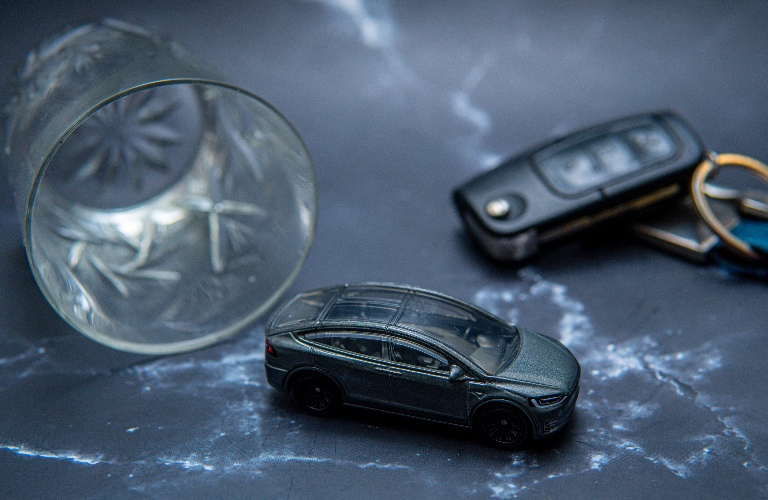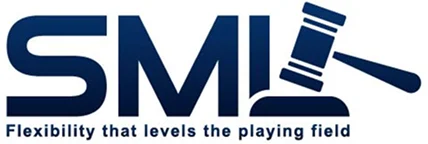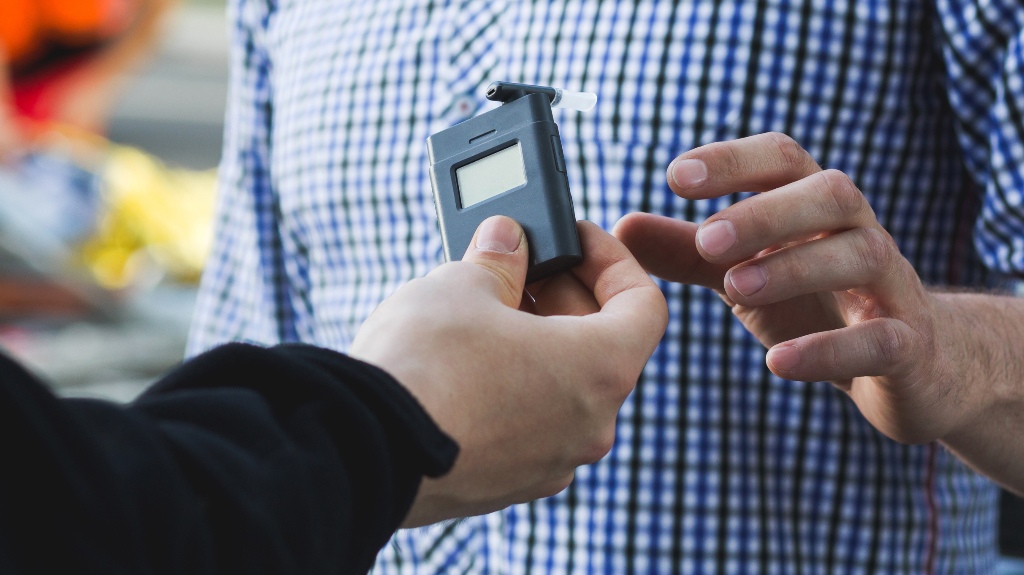You’re driving home after dinner with friends. Up ahead, red lights flash. An officer signals you to stop. It’s a DUI checkpoint.
Maybe you haven’t had anything to drink. Or maybe just one glass of wine. Either way, the question pops into your head: Is this even legal?
In California, the answer is yes, but with conditions.
What Is a DUI Checkpoint?
A DUI checkpoint, also known as a sobriety checkpoint, is a roadblock set up by law enforcement to identify and deter impaired driving. Officers briefly stop drivers, look for signs of intoxication, and may ask a few basic questions. If there’s no reason to suspect impairment, you’re usually on your way in under a minute.
These checkpoints are different from routine traffic stops because they’re pre-planned and involve stopping vehicles without specific suspicion. That’s what makes them controversial and heavily regulated.
Are DUI Checkpoints Legal in California?
DUI checkpoints are legal in California under both state and federal law.
The California Supreme Court upheld their legality in Ingersoll v. Palmer (1987), adopting guidelines to ensure these stops do not violate your Fourth Amendment rights. As long as checkpoints meet these standards, they are considered constitutional.
The U.S. Supreme Court also backed this up in Michigan Dept. of State Police v. Sitz (1990), ruling that the public’s interest in preventing drunk driving outweighs the minimal intrusion of a checkpoint.
However, legality hinges on how the checkpoint is conducted.
Legal Requirements for a DUI Checkpoint
To be legal in California, a DUI checkpoint must follow specific rules:
- Supervising officers must make the decisions about time, location, and operation.
- Vehicles must be stopped using a neutral formula (like every third car), not the officer’s discretion.
- The checkpoint must be clearly marked with lights, signs, and uniformed officers.
- Drivers should not be held for long unless signs of intoxication are observed.
- The checkpoint location must be reasonable, usually in areas with a history of DUI-related incidents.
- Advance public notice is encouraged, but not required. Its absence doesn’t automatically make a checkpoint illegal, though it could factor into a legal challenge.
If officers stray from these rules, any resulting arrest or evidence could be challenged in court.
Do You Have Rights at a Checkpoint?
Even at a checkpoint, you have constitutional rights.
- You are not required to answer questions like “Where are you coming from?”
- You can decline a search of your car unless officers have probable cause
- You can record the encounter, as long as you don’t interfere
- You can legally turn around before entering a checkpoint, as long as you do so safely and without breaking traffic laws
However, if you show signs of impairment or refuse to cooperate with lawful instructions, officers may legally escalate the stop. If you’re arrested, it’s crucial to remain calm and contact an attorney immediately.
What If You’re Charged After a Checkpoint Stop?

If you’re charged with DUI after a checkpoint stop, don’t assume the case is open-and-shut. The legality of the checkpoint itself is often a key defense. If law enforcement fails to follow proper procedures, evidence may be suppressed.
An experienced DUI defense attorney can investigate:
- Whether the stop complied with Ingersoll’s requirements
- If your rights were violated
- Whether chemical tests were administered properly
Fighting a DUI charge can be complex, but it is possible.
Contact Our Legal Team To Learn More
DUI checkpoints are legal in California, but they must follow strict guidelines to protect your rights. If you’ve been stopped or arrested at a checkpoint, the details matter.
At Scott Mitchell Law, we understand how to challenge DUI cases from every angle. We’ve helped clients across California defend their rights and get back on track. Contact us today to schedule a consultation. Your future deserves a strong defense.


